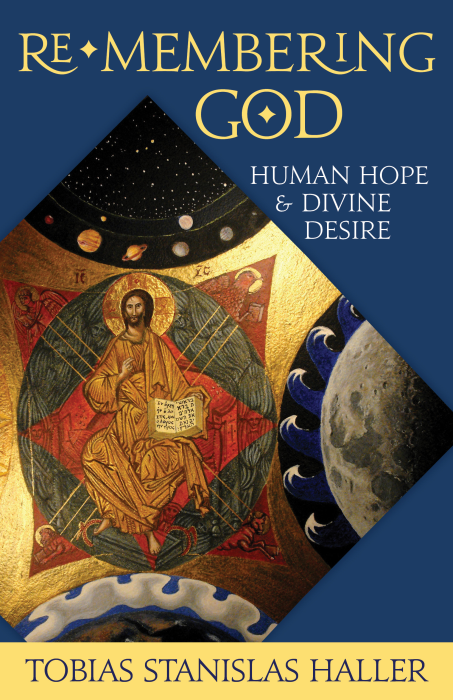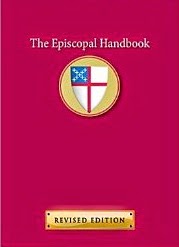Uneasy Accommodations
England is embroiled in a debate over whether any religious premises, of whatever faith or denomination, should be free to celebrate a civil partnership with religious trapping or within its walls.While some would like to see the Church of England do this, the powers that govern that church seem dead set against it. But there also seems to be pressure against allowing even the faith-groups that want to do it, i.e., Quakers, Unitarians, and Liberal Jews, from doing so. This angst seems to derive from a sort of slippery-solipsism; that what is allowed to some today will be required of all tomorrow.
And indeed that sort of clamor after uniformity is a part of the Church of England's problem, particularly under Establishment, and particularly surrounding marriage. There was a time in England when the only legal marriages were those in the C of E (and the early exceptions were made for Quakers and Jews then, too!) And unlike the US, where, for instance, an Episcopal priest is free to refuse to officiate at any marriage he or she chooses, the parochial rights of English folk to be married in church even if they have absolutely no other connection than residence remains a sticking point.
However, the legislation permitting houses of worship to provide religious
services or a venue for registering civil partnerships will no more require the Church of
England to do so — and the act specifically guarantees the protection — than the General Synod measure permitting women bishops
(when it is adopted and effective) will require the Roman Catholic
Church in England to do the same. Permission is not requirement.
If (or should I say, when) Parliament passes a law for marriage equality, then the church will have
to make a decision. It might then take a cue from Roland Allen, who over a century ago resigned his cure in protest about having to baptize those he felt showed no real commitment to the baptismal promises, and the "sham marriage" tradition in English
parishes -- that is, unchurched people exercising a legal right to use the church as decorative
backdrop for "doing the baby" or for their nuptials. Surely that is a real problem, isn't it?
And one well worth solving over a hundred years after Allen's
resignation on principle.
Tobias Stanislas Haller BSG
h/t to Thinking Anglicans








5 comments:
Permission is not requirement. Perhaps someone should tell that to New York's RC Archbishop Dolan, who is waving that banner.
I think there's another problem as well. The legislation which compelled people to have a C of E wedding left us with a historically narrow understanding of marriage. It's now all about the ceremony and the bit of paper, not the relationship. So someone who's been through a ceremony is 'married' regardless of the quality of the relationship, even if they then divorce a few months later. Someone without the paperwork is 'living in sin' even if they've been together happily for thirty years, and the relationship isn't recognised. Once, it would have been. We need an understanding of marriage based on theological considerations, not on secular law!
Indeed, IT. While, as I say, the English situation is muddled by Establishment, Dolan has absolutely no ground on which to stand here in the US. He represents the worst model of libido dominandi and "all must do as I think right." Fortunately, the sway of moral authority once enjoyed by his predecessors has long been squandered. Still, when he makes an unholy alliance with Mormons and Fundamentlists, he can impede the work of God as effectively as any Inquisitor with the full power of the secular arm.
Robert, absolutely. In one sense the English recognition of Common Law Marriage, essential because there were many who would or could not marry in the C of E when that was the only option. The theology actually matched the practice, in recognizing that the marriage is made by the couple, not by the church or the state. The problem arises in that the state claims an interest in having to settle questions of inheritance and so on. The church, which only inherited "marriage" from the state as a kind of accident of history, could get out of the business altogether, and simply bless couples whose lives showed the level of commitment and care that we would like to attribute to the concept of marriage. The Napoleonic solution (the church not performing the civil aspect) might help clarify at least what the church thought it was doing, and winnow things out a bit. This is essentially the antithesis of the English model.
Perhaps in a nation that does have a recent history of not allowing the freedom to discriminate that most of the New World republics respect in its churches one might understand that some would be suspect of what is happening here.
Tobias, you well know that it is perfectly legal in the US for a church to discriminate in pretty much anything it wishes; race, gender, sexuality, handicap, age, civil status, etc. At least one recent lawsuit regarding a CoE diocese firing an openly gay youth worker employee gained a lot of traction with respect to civil rights vs freedom of religion and was decided in the favor of the employee. There is precedent in this I believe that sets off the fears of those who wish to be allowed to discriminate legally.
Dear Bro David,
I think those who wish to discriminate in terms of employment or provision of public accommodation should be fearful, given the state of the law on both sides of the Atlantic. But I don't think the "fear" is justified when it comes to purely religious services. There is a real problem with the English law, as I note, concerning parochial rights, but until Parliament permits same-sex marriage that is moot.
Of course, my real "druther" would be for the church to move into a Gospel-based understanding of all this, and allow marriage for gay couples. That may yet happen, indeed, I think it will; in the meantime there are many fearful folks out there, and I still see homophobia at the base of much of that "convern."
Post a Comment